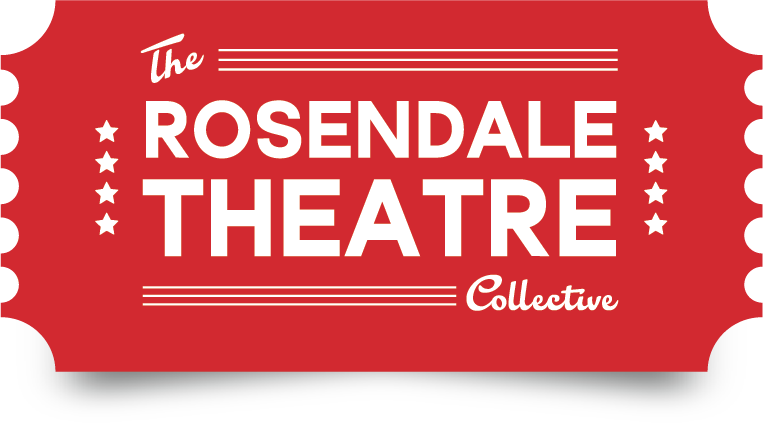7:15 pm | PG-13 | 2h 25m | (2012) | Documentary/Biography/Music
The content spans the life and musical career of Bob Marley, mainly as seen through the eyes of those who knew him and contributed to the documentary, including Bunny Wailer, Rita Marley, Lee “Scratch” Perry and many others.
Although Marley was enthusiastic about music from a very young age, he had disappointing record sales as a solo artist with his first singles, “Judge Not” and “One Cup of Coffee”. He then decided to collaborate with Peter Tosh and Bunny Wailer to create “The Wailers.” This group later became known as “Bob Marley and the Wailers” and achieved international fame. The group made Bob Marley a household name and brought worldwide attention to Jamaican culture, Reggae music and the Rastafari movement.
Throughout the documentary, much of the content deals with Marley’s struggle with racial identity and acceptance. Marley’s widow, Rita Marley stated “they saw Bob as an outcast, because he didn’t really belong to anyone. You’re in-between. You’re black and white; so you’re not even black.” Livingston also comments that Marley was harassed in school for being mixed race. On his race, Marley stated:
“I don’t have prejudice against meself. My father was a white and my mother was black. Them call me half-caste or whatever. Me don’t deh pon nobody’s side. Me don’t deh pon the black man’s side nor the white man’s side. Me deh pon God’s side, the one who create me and cause me to come from black and white.”
Marley’s journey to become a member of the Rastafari movement is documented in the film starting with his friendship with Rastafari preacher Mortimer Planno. Marley firmly states several times that he is a key part of the Rastafari movement: the belief that the Emperor of Ethiopia, Haile Selassie I, is the reincarnation of Christ. Rita Marley stated that she also converted to Rastafari upon the visit of Selassie I to Jamaica when she saw “marks in his hands”, similar to those Jesus bore when he was nailed to the cross.
The documentary also conducts interviews with Rastafari doctors, which shows Marley’s strict adherence to the religion. Rastafari doctor, Carleton Fraser, states that “doctors recommended amputation of the hip and removing the entire leg.” Chris Blackwell gives conflicting information and insists that they just needed to amputate Marley’s big toe for him to survive. Later, when Marley started losing his hair in the course of chemotherapy treatment for his cancer, family members also state that Marley had much displeasure in cutting off his dreadlocks, an aspect of Rastafarism, which was unfortunately necessitated by the physical pain their heavy weight was causing him.
The film ends with Marley saying a quote that was the overall message in his music:
“I don’t really have any ambition, you know? I only have one thing I’d really like to see happen. I’d like to see mankind living together. Black, White, Chinese , everyone. That’s all.”
